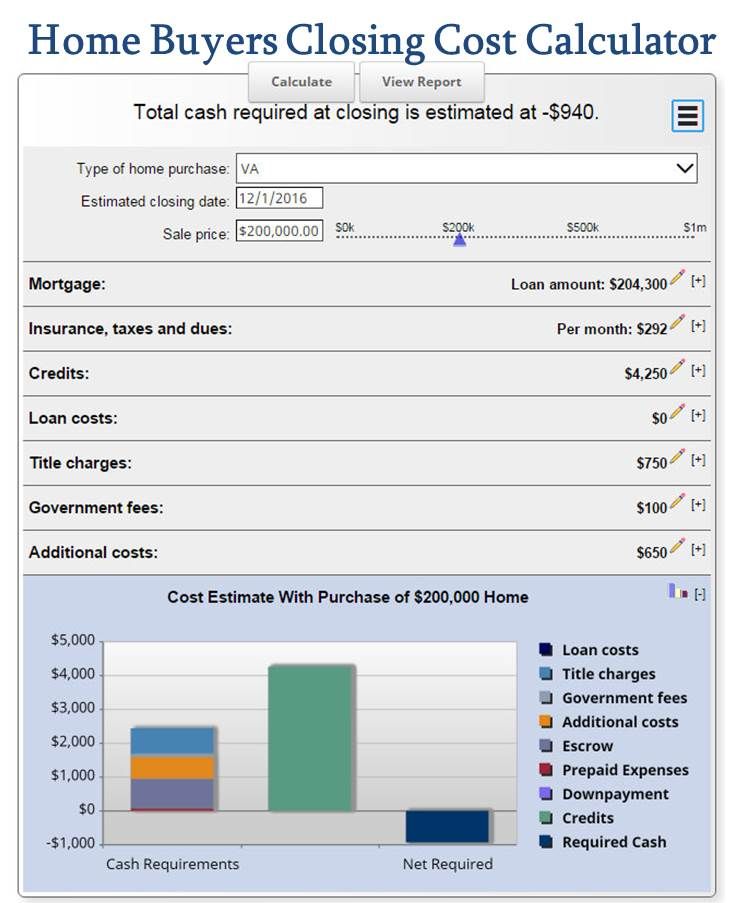
Real estate agents earn their income by earning a salary, or commission. Luckily, they don't have to dress up in Armani suits or host glitterati-packed open houses. They make a decent living and get a nice salary from real estate brokers. It's not possible to pursue other interests while working in the realty industry.
Real estate agents earn a salary
The salary of a real estate agent varies from state to state. Agents make more than one million dollars each year. Others earn less. Los Angeles agents, for instance, make ten percent less than those in rural Louisiana. Agents in New York City earn $112,998, whereas those in Chicago make only eight per cent.
The income of a real estate agent is made up of a variety sources including take-home and commissions. An average agent can earn between $32,000-$55,000 if they work less than twenty hours per semaine. For those who work 40 hours or more per week, the average income is between $57,500 to $123,024, and vice versa.
They get commissions
Real estate agents make a percentage of the property's sale price as commissions. The average commission is 3% but it can go as high as 66%. These commissions are split between the buyer's representative and the listing agent. These commissions depend on the type of home and the arrangement between the two parties.

Real estate agents earn commissions on sales and rents. The commission percentage can vary from region to region. The commission amount is split between the listing broker and buyer's agent. It is then deducted from the sale price. While some agents get a base salary and receive incentives, many are paid on an hourly basis.
FAQ
Do I need flood insurance
Flood Insurance protects against damage caused by flooding. Flood insurance protects your belongings and helps you to pay your mortgage. Find out more about flood insurance.
What are the 3 most important considerations when buying a property?
The three most important things when buying any kind of home are size, price, or location. It refers specifically to where you wish to live. Price is the price you're willing pay for the property. Size refers to how much space you need.
Which is better, to rent or buy?
Renting is often cheaper than buying property. It is important to realize that renting is generally cheaper than buying a home. You will still need to pay utilities, repairs, and maintenance. A home purchase has many advantages. You will have greater control of your living arrangements.
How long does it take for my house to be sold?
It all depends on several factors such as the condition of your house, the number and availability of comparable homes for sale in your area, the demand for your type of home, local housing market conditions, and so forth. It takes anywhere from 7 days to 90 days or longer, depending on these factors.
How long does it usually take to get your mortgage approved?
It is dependent on many factors, such as your credit score and income level. Generally speaking, it takes around 30 days to get a mortgage approved.
Can I buy my house without a down payment
Yes! Yes. There are programs that will allow those with small cash reserves to purchase a home. These programs include conventional mortgages, VA loans, USDA loans and government-backed loans (FHA), VA loan, USDA loans, as well as conventional loans. More information is available on our website.
What should you think about when investing in real property?
You must first ensure you have enough funds to invest in property. If you don’t save enough money, you will have to borrow money at a bank. It is also important to ensure that you do not get into debt. You may find yourself in defaulting on your loan.
You must also be clear about how much you have to spend on your investment property each monthly. This amount should include mortgage payments, taxes, insurance and maintenance costs.
Finally, ensure the safety of your area before you buy an investment property. It would be best to look at properties while you are away.
Statistics
- When it came to buying a home in 2015, experts predicted that mortgage rates would surpass five percent, yet interest rates remained below four percent. (fortunebuilders.com)
- Private mortgage insurance may be required for conventional loans when the borrower puts less than 20% down.4 FHA loans are mortgage loans issued by private lenders and backed by the federal government. (investopedia.com)
- This seems to be a more popular trend as the U.S. Census Bureau reports the homeownership rate was around 65% last year. (fortunebuilders.com)
- Over the past year, mortgage rates have hovered between 3.9 and 4.5 percent—a less significant increase. (fortunebuilders.com)
- The FHA sets its desirable debt-to-income ratio at 43%. (fortunebuilders.com)
External Links
How To
How to find an apartment?
Moving to a new place is only the beginning. This involves planning and research. This involves researching neighborhoods, looking at reviews and calling people. Although there are many ways to do it, some are easier than others. Before renting an apartment, you should consider the following steps.
-
Data can be collected offline or online for research into neighborhoods. Online resources include Yelp. Zillow. Trulia. Realtor.com. Offline sources include local newspapers, real estate agents, landlords, friends, neighbors, and social media.
-
Read reviews of the area you want to live in. Review sites like Yelp, TripAdvisor, and Amazon have detailed reviews of apartments and houses. You may also read local newspaper articles and check out your local library.
-
Call the local residents to find out more about the area. Talk to those who have lived there. Ask them what they liked and didn't like about the place. Ask for their recommendations for places to live.
-
Take into account the rent prices in areas you are interested in. If you are concerned about how much you will spend on food, you might want to rent somewhere cheaper. On the other hand, if you plan on spending a lot of money on entertainment, consider living in a more expensive location.
-
Find out more information about the apartment building you want to live in. It's size, for example. What price is it? Is it pet-friendly? What amenities do they offer? Are there parking restrictions? Are there any special rules for tenants?